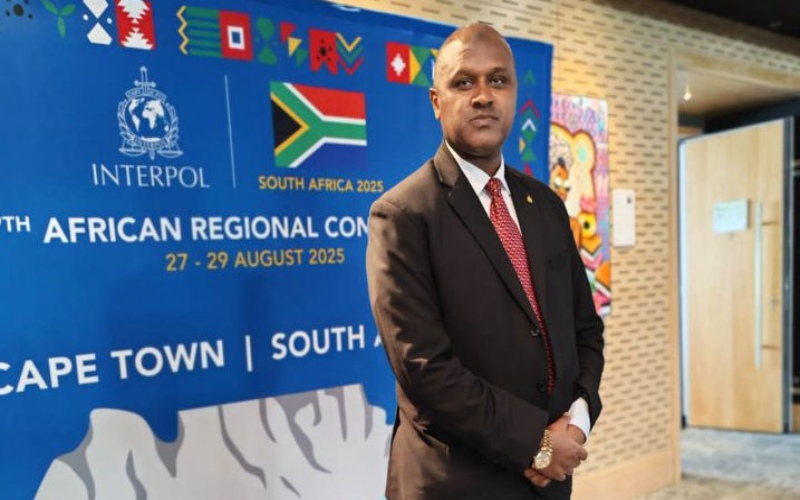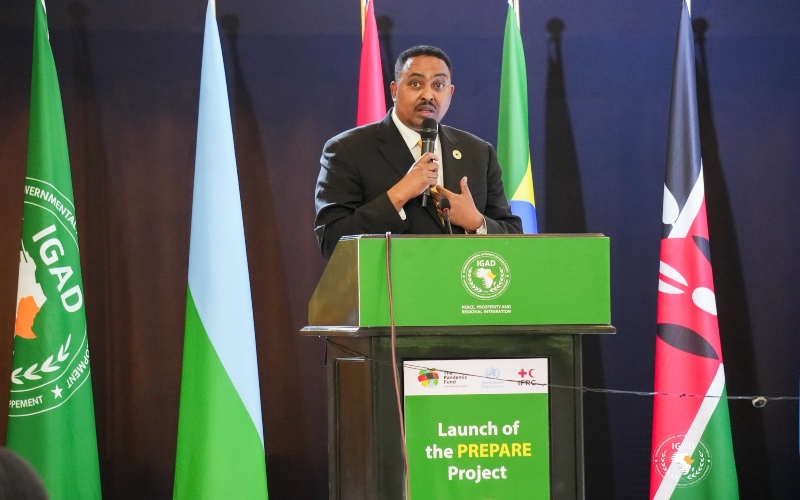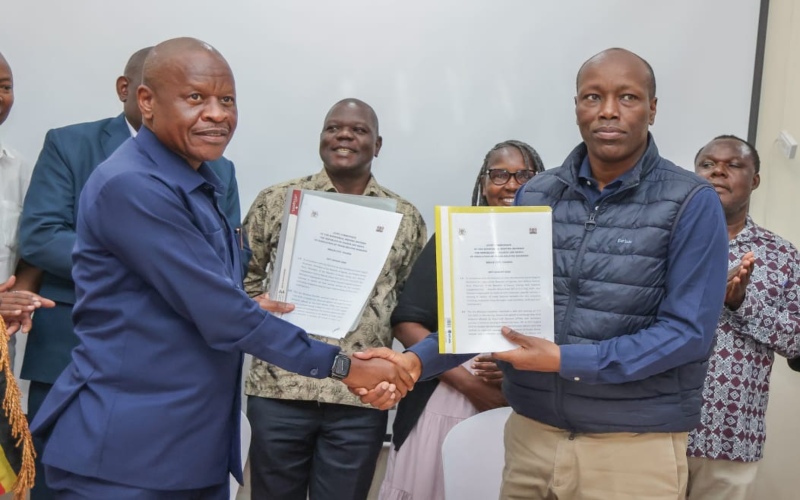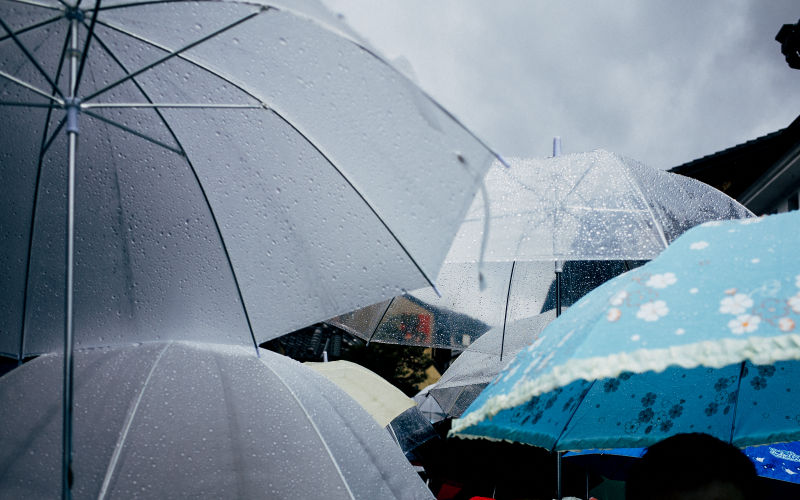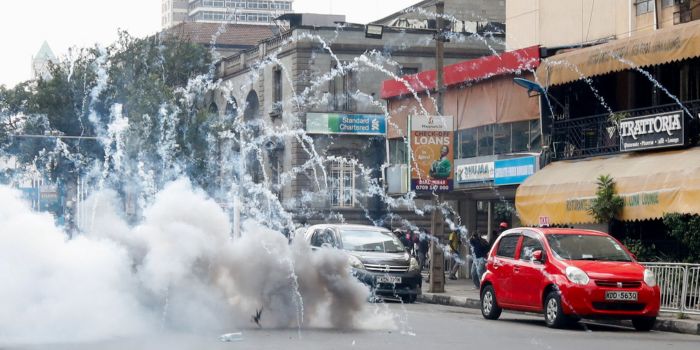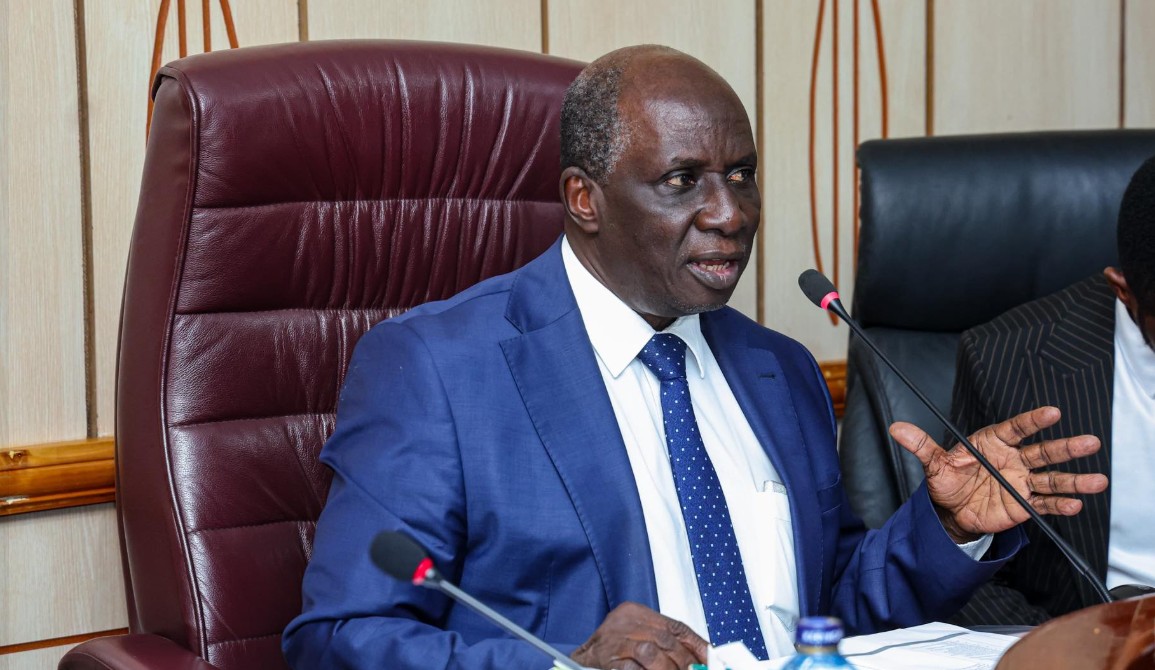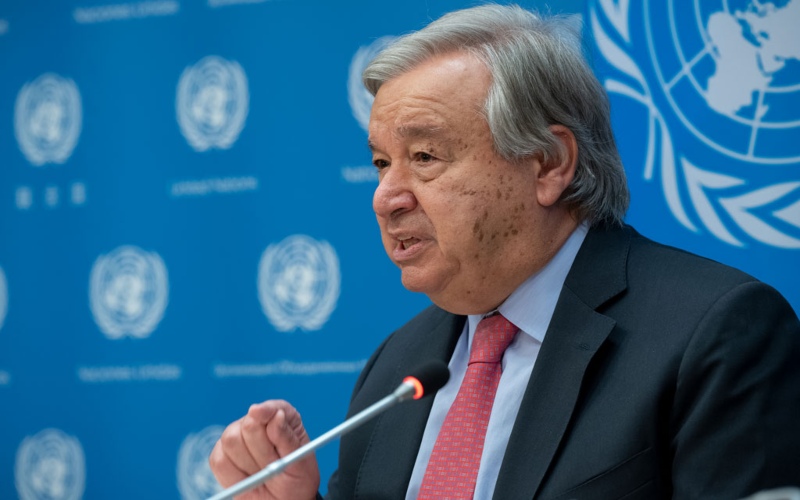Editors, reporters challenged to adopt AI but maintain human oversight
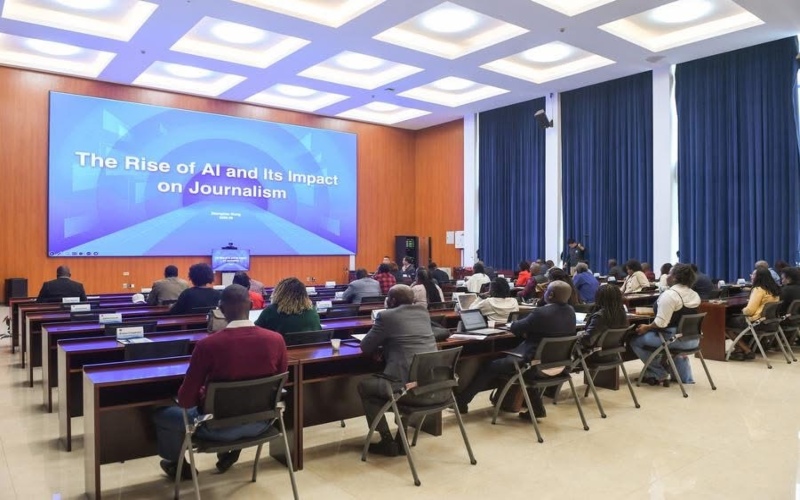
Kenya Editors Guild Chief Executive Officer Rosalia Omungo said the training offered valuable insights into AI’s potential in African newsrooms.
Media houses across Africa have been urged to embrace Artificial Intelligence (AI) to transform journalism, even as experts caution that its adoption must be guided by strong ethical safeguards against misinformation and bias.
In a workshop held in Nairobi on "The Rise of AI and Its Impact on Journalism", nearly 100 participants, including editors and reporters from more than 10 media outlets in Kenya and across Africa, were challenged to see AI not as a threat but as an assistant in telling Africa’s story more efficiently and credibly.
More To Read
- Google’s 'Nano Banana' breaks ground in AI creativity
- Anthropic launches Claude, a Chrome-based AI that browses the web for you
- AI in African newsrooms: Can artificial intelligence help tell Africa’s story accurately and at scale?
- AI on TVs: Samsung brings Microsoft Copilot to 2025 TVs and monitors
- AI-powered imaging technology can now detect deadly food toxins, study finds
- If AI takes most of our jobs, money as we know, it will be over. What then?
The half-day training workshop, held on August 26, 2025, and organised by Xinhua News Agency Africa Regional Bureau, explored how AI is reshaping newsrooms globally. The discussions highlighted how AI tools can enhance transcription, data analysis, graphic development, topic planning, scheduling, editing and dissemination, while stressing that human oversight and ethical standards must remain central.
Speakers showcased China’s advances in AI, citing systems such as ERNIE, which is the country’s first generative AI system developed by Baidu. Another tool showcased was Qwen 3, a multilingual model by Alibaba Cloud and Deepseek, an open-source platform.
Xinhua also highlighted tools that could support newsroom innovation and efficiency, including Caifang Tong, an intelligent interviewing tool designed to integrate multiple features for reporting.
Another was TuTu, an AI-powered news visualisation system that uses semantic databases to help editors manage and approve content and Yin Kun, a transcription and vocal separation tool supporting 10 languages and 23 AI voice actors.
Li Wenfei, Deputy Director of Xinhua Africa, urged journalists to view AI as an accelerant rather than a replacement. He maintained that while Xinhua has developed some of the AI in-house tools, human oversight remains central.
“Even though we have our tools here, we still rely on human editors and journalists to make the final call. Technology supports the process, but it doesn’t replace professional judgment. AI can compress time through faster fact-checks, expand reach with multilingual output and deepen context through data-driven insights, without giving away editorial control,” Wenfei said.
Dr Chen Yingying, Associate Professor at Renmin University of China and former Chief Correspondent at Xinhua, also dismissed the notion that AI can replace journalists in newsrooms.
“The tool is only as brave as the newsroom. AI is an assistant. It’s not here to replace us. The fundamentals of journalism, community engagement, verification and contextual reporting are irreplaceable,” she said.
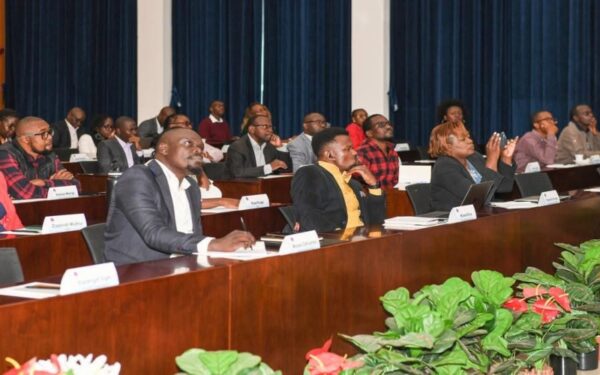 A section of the participants at the seminar held in Nairobi on August 26, 2025. (Photo: Xinhua)
A section of the participants at the seminar held in Nairobi on August 26, 2025. (Photo: Xinhua)
Chen emphasised that while AI can boost efficiency in transcription, analysis and content generation, it struggles with nuance. She cited 'Sheng', Nairobi’s urban slang, as an example of language that confuses AI translators, highlighting the need for human oversight.
“AI can write faster, but it can’t replace your instincts, your cultural knowledge, or your ability to listen. These are the things that give stories life,” she said.
However, speakers pointed to deepfakes, synthetic text and bot networks as tools accelerating the spread of conspiracy theories and false content in the digital age. Chen explained that misinformation thrives on uncertainty, distrust and identity biases, often amplified by algorithms and echo chambers.
Participants were urged to adopt both debunking, which includes disproving false information after it spreads and prebunking, which involves equipping audiences to recognise manipulation before it reaches them.
Attendants were also issued with tips on how to spot AI deepfakes in images or videos, including watching frame-by-frame for unnatural blinking or lighting errors, reverse image searches, checking metadata and analysing audio for robotic tones or mismatched background noise.
Additionally, journalists were introduced to AI-detection tools such as GPTZero, DetectGPT, Turnitin AI Detector, Sensity AI and Hive Moderation, alongside fact-checking organisations like Africa Check, Pesa Check and Dubawa.
Kenya Editors Guild Chief Executive Officer Rosalia Omungo said the training offered valuable insights into AI’s potential in African newsrooms.
“I think AI uptake has begun. That is where Kenyan journalism should go because AI is coming to provide efficiency, to augment systems that are in place, the news processes, news-gathering and dissemination,” said Omungo.
She added that China’s experience provides a template from which Africa can learn, but stressed that continuous training for journalists is crucial to dispel myths and guide responsible adoption.
Patrick Vidija, the Digital Editor at Standard Media Group, described the workshop as timely and impactful.
“On the digital front, we interact a lot with AI. This training is timely since we can open our perspective on how to apply and use AI,” Vidija said.
Despite optimism about AI’s potential, speakers stressed that journalistic values must come first. They cautioned against allowing AI to become a shortcut, insisting it should serve as a force multiplier rather than a substitute for professional judgment.
Top Stories Today


